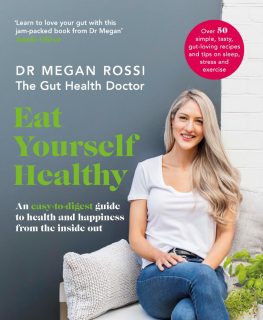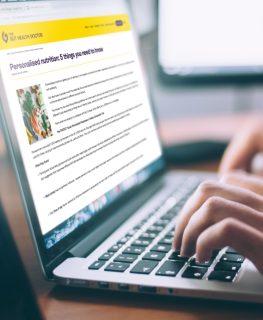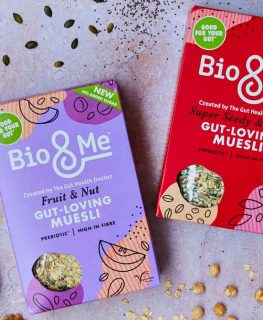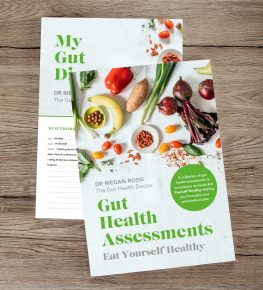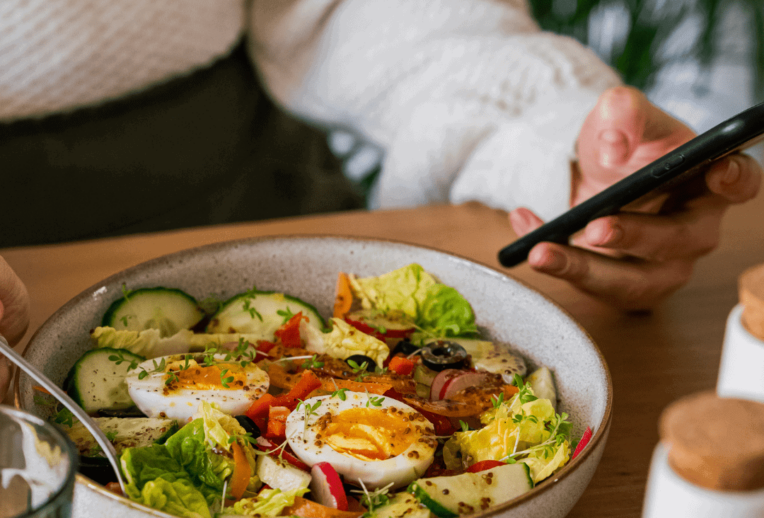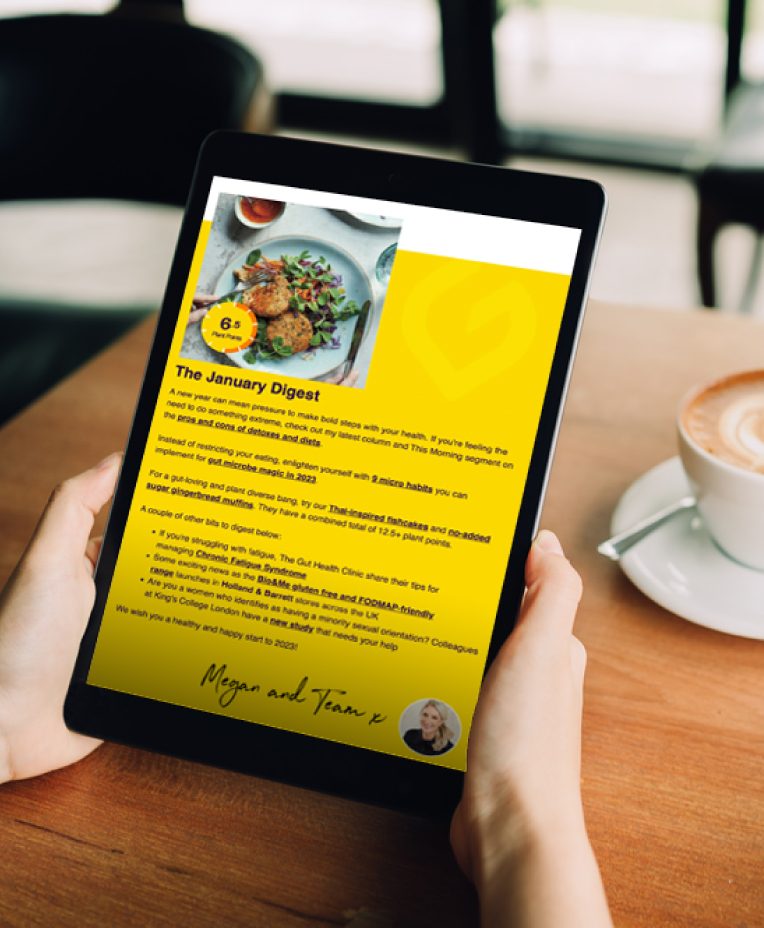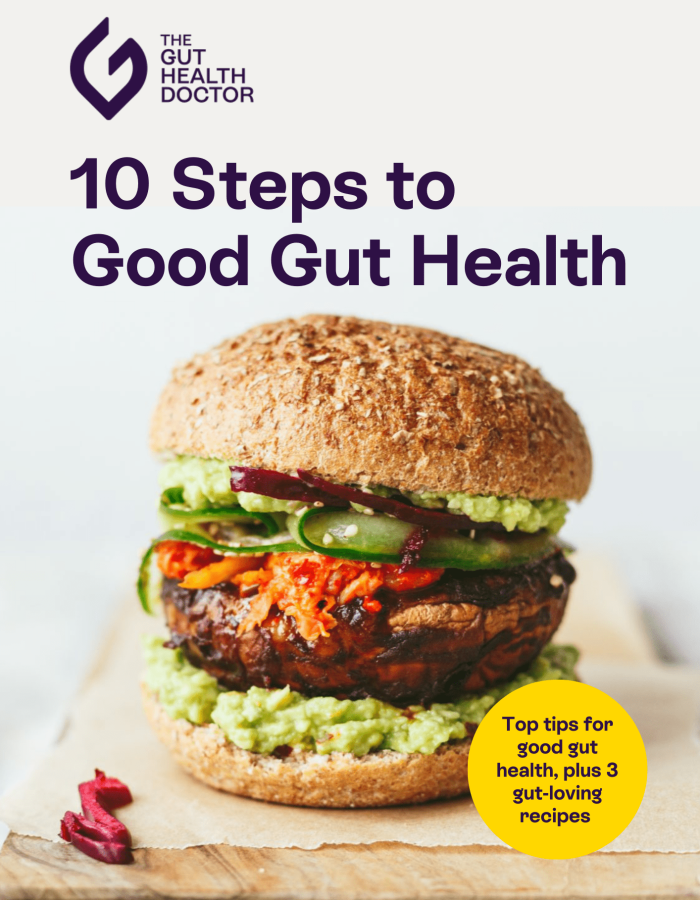Have you ever got to the end of a meal without really noticing that you’d even eaten it? Perhaps you’ve started eating and found you feel out of control and eat till you’re bloated and uncomfortable? Mindful eating is a fantastic tool that can help us regulate our eating. Whilst the approach is commonly used among those with eating disorders or those with difficult relationships with food, the positive benefits of mindful eating can apply to everyone; so much so that in some countries, such as Germany, include mindful eating in their dietary guidelines.
What is mindful eating?
Mindfulness is a practice based on Zen Buddhism and is centered around us being aware in the present moment. Mindful eating is when we become fully connected with all the sensations experienced when eating and drinking including sight, sound, touch, smell and, taste. Being mindful helps use reflect on what we’re eating but also how and why.
Why is it useful?
When we’re having the full sensory experience from food and drink we can feel more physically and emotionally satisfied. This can help us balance eating for nourishment and enjoyment without overeating. In other words, improving emotional regulation related to eating.
This is partly because we’re slowing down which helps us recognise the signals from our hunger hormones. Also, when we’ve been able to take note of the pleasure from our food or drink we feel content rather than dissatisfied and still craving more. Taking time to smell and look at our food before eating encourages the body to start producing digestive enzymes, so mindful eating helps prepare the gut for an incoming meal and optimises digestion.
Mindful eating can guide food choices to make sure we are feeling satisfied, both mentally and physically. For example, before reaching for a snack, pause for a minute and think about why you want it – are you feeling hungry, tired or in need of comfort? This might influence your choice of snack; do you want something warm for comfort or crunchy for fuel, or even to look for other ways to meet that need without reaching for food?
A mindful eating experiment
This can be done at any time and with any food of your choice – you may want to pick a food or time that you sometimes feel ‘out of control’.
What will I need?
-
- 5 minutes to yourself
-
- A quiet place
-
- A small portion of your chosen food e.g. a piece of chocolate
What are the steps?
-
- Have the food in front of you
-
- Take a close look – what are the shapes, colours and textures?
-
- Lift it up and smell it – try and pick apart the various smells, there may be sweetness, specific spices. There may only be one smell, how strong is it?
-
- Put the food to your mouth and bite it, listen to the sound(s) it makes as you continue to move it around your mouth. Was it the sound(s) you were expecting, how loud was it?
-
- As you slowly chew that mouthful, notice the different textures and how they change.
-
- Finally, notice the flavours – what is the strongest one? Does it last long or is it quickly replaced by another? Is the flavour what you expected it to be?
How to eat a meal mindfully?
For the first 1-2 mouthfuls you may want to try and experience all 5 senses at once using some of the above prompts. To help this feel easier, try to notice just 1 or 2 senses per mouthful and continue from there.
Some other tips to help you eat mindfully include:
-
- Sitting at the table to eat your meal
-
- Minimise distractions e.g. no phones, TV, etc (although some background music may be a nice touch!)
-
- Spend time laying the table and your plate to bring you joy – if it looks more appealing, you’ll feel more pleasure
-
- Look at the different foods on your plate – think about what you’re most excited to try first, does it look the same as when you’ve had it before? What is different compared to the other parts of your plate?
-
- Try and pick out the different smells in front of you, which is your favourite smelling food? If you have something like cinnamon and honey roasted parsnips, can you smell a mixture of sweetness and earthiness?
-
- Put a forkful of food into your mouth and listen for the noises, perhaps you have some crackling that makes a crunch, or there’s a bit of a slurp if you have some soup.
-
- As the food moves around your mouth, what are the different textures? Do you have some roast potatoes that are crunchy on the outside but fluffy on the inside?
-
- Which is the flavour you first notice. Is there a particular flavour that lingers like a slight saltiness from a gravy?
-
- Take your time to chew each mouthful, only putting food on to your cutlery when you’ve swallowed.
-
- When you’ve finished what’s on your plate, take note of your stomach and see how full or empty it feels.
- Being ‘finished’ is a mixture of feeling comfortably full, and satisfied you’ve tasted or experienced the foods you’ve wanted to.



